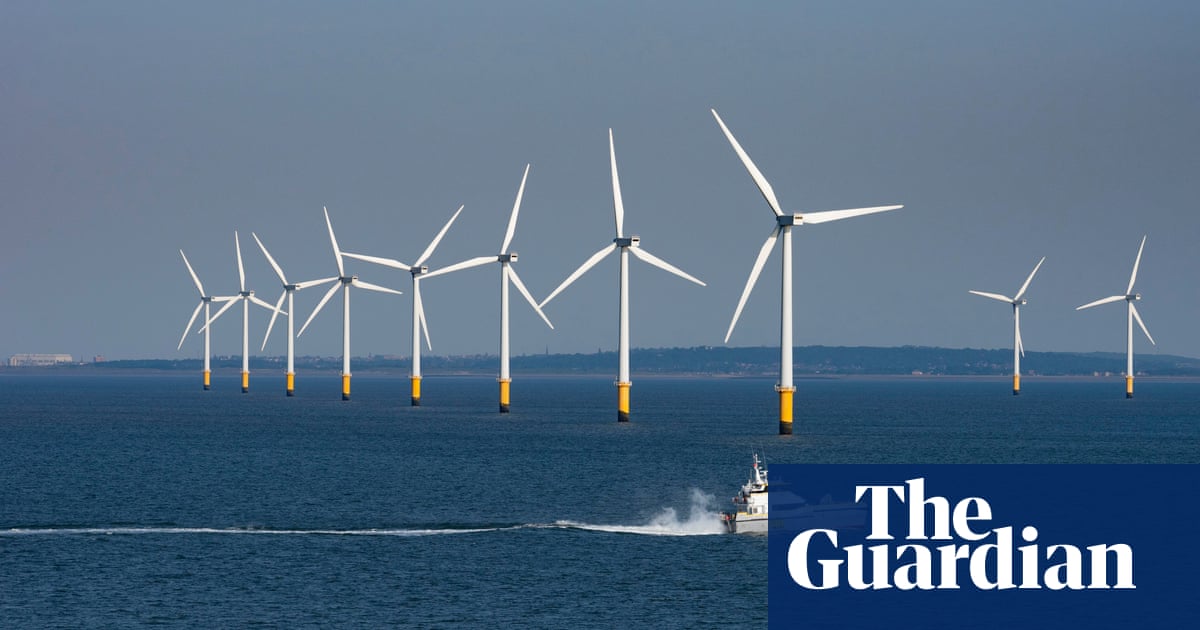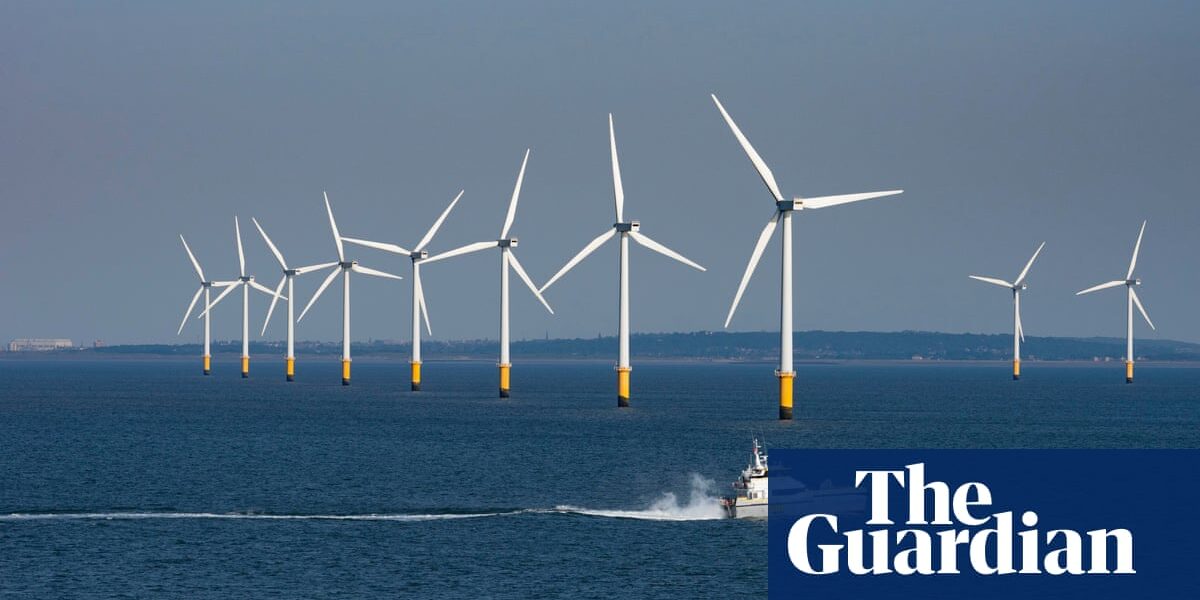The report revealed that there was a 9% increase in the UK’s net zero economy in the year 2023.

A recent report disclosed that the UK’s net zero economy experienced a growth of 9% in 2023, significantly higher than the overall economic growth of 0.1%. However, the report also highlighted concerns that government policy changes, inadequate investment, and competition from the EU and US could hinder future growth in the green sector.
According to a report by the Energy and Climate Intelligence Unit (ECIU) and the Confederation of British Industry (CBI), the sector of green companies experienced significant growth in the year 2023, resulting in the creation of 765,000 jobs and the production of £74bn worth of goods and services.
The report discovered that areas across the country, not just in London and the south-east, have a high concentration of net zero businesses and well-paying jobs. It also noted significant net zero efforts in impoverished regions and in key constituencies that will play a crucial role in the upcoming general election.
Achieving net zero emissions by 2050 is vital to limiting the damage from the climate crisis. Doing so would not only bring an economic boost but also cut energy costs for households and businesses and ensure energy security by ending the UK’s reliance on volatile fossil fuel markets, the report authors said.
Peter Chalkley, the director of ECIU, said: “Against the backdrop of economic stagnation, the net zero economy is bucking the trend, but it’s clear that the policy U-turns of the past year have damaged investor confidence at a time when the US and EU are investing billions to compete for clean industries. The question now is: will political parties provide the leadership, stability and investment needed to generate further growth – or shy away from the global race for net zero?”
According to Louise Hellem, the CBI’s chief economist, shifting towards a net zero future offers immense potential for the UK to build a stronger and more efficient economy, all while taking action against climate change. She emphasized that businesses are not in favor of making net zero a political topic.
Rishi Sunak, the leader of the Conservative Party, has diminished the effectiveness of net zero initiatives such as the adoption of electric cars and heat pumps. Against the recommendations of scientists, he has also expressed support for the exploration and extraction of oil and gas. As a result, the UK has recently dropped in its ranking for attractiveness as a destination for renewable energy investments. Additionally, Keir Starmer, the leader of the Labour Party, has recently cut in half his promise to invest £28bn annually in the environmentally friendly economy.
According to Adriana Curca, manager of CBI Economics, there are significant economic prospects in the net zero transition that can contribute to sustainable long-term growth. Instead of just focusing on the expenses, there is potential for many financial benefits.
A recent study examined the green sector, encompassing alternative energy, energy-efficient buildings, electric cars, carbon capture advancements, and environmentally-friendly financing. Results showed that careers related to achieving net zero emissions paid an average of £10,000 higher than the UK’s average salary of £35,400. These jobs were also approximately 50% more productive, contributing £114,300 to overall economic activity. Furthermore, the number of businesses committed to net zero emissions increased by 4,000 to a total of 23,745 by 2023.
The study discovered areas with high levels of net zero efforts in some of the least affluent regions of the nation, such as Hartlepool, Nottingham, Redcar and Cleveland, all of which are among the bottom 10% of local authorities in terms of deprivation. Additionally, it revealed that 50% of the top 50 net zero hotspots in England and Wales were located in the top 50 most contested Conservative seats in the upcoming general election, such as High Peak, Cheadle, Derby North, and Lancaster and Wyre.
Adriana Curca stated that the net zero jobs have a significant impact on improving the quality of life in those regions.
Thomas Farquhar of Heatio, a clean energy company, expressed that the United Kingdom’s net zero economy presents significant potential for the growth of novel businesses. Unfortunately, we are falling behind other European countries.
Farquhar stated that a mere 1% of households in the UK have made the switch to heating systems with low carbon dioxide emissions, while in Norway this number is significantly higher at 66%. Similarly, in the Netherlands, 16% of homes have solar panels, whereas in the UK, only 5% of suitable homes have done the same.
On Friday, the National Infrastructure Commission of the UK urged the government to expedite their efforts in providing essential energy infrastructure within the next ten years. In December, the International Monetary Fund stated that the advantages of speeding up the switch to a low carbon economy far exceed the expenses involved.
According to a report released in January by the London School of Economics, an excessive amount of current investments are being directed towards industries that are not environmentally sustainable, including oil and gas and the construction of inefficient homes and offices.
The statement suggests that the UK should raise their annual public spending by about 1% of their GDP, which amounts to roughly £26bn at current rates. This increase is necessary to counter years of inadequate investment. While there will be initial costs, borrowing specifically for beneficial public investments is financially responsible in the short-term.
A representative from the Department of Energy Security and Net Zero stated: “We are pleased with these results, as they demonstrate our unparalleled efforts to revolutionize the energy sector towards a cleaner and more sustainable future. We have a definitive plan in place to strengthen the UK economy and achieve net zero emissions – with the creation or anticipation of over 80,000 eco-friendly jobs since 2020, and an investment of more than £200 billion in low-carbon projects from both public and private sectors since 2010.”
Source: theguardian.com



